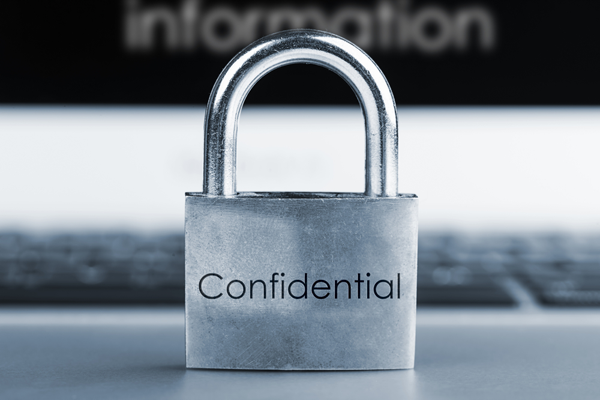Traveling lawyers get new protections in device searches at border

Hundreds of American lawyers will be traveling to Vancouver, British Columbia, for the upcoming ABA Midyear Meeting. As they pass through U.S. and Canadian customs, they and their electronic devices can be searched.
But through the efforts of the ABA, the Department of Homeland Security has recently clarified its policies on how it intends to protect privileged information during its searches.
The ABA contacted Homeland Security in May with its concerns about the potential for violations of attorney-client privilege at the nation’s borders in a letter written by then-ABA President Linda Klein.
Klein said the ABA was concerned about the breadth of the authority given to U.S. Customs and Border Protection agents to search lawyers’ electronic devices “without any showing of reasonable suspicion.” She asked that DHS clarify the directive on electronic device search and seizure, originally written in 2009, to protect attorneys and their clients.
“We recognize that security at the nation’s borders is of fundamental importance, and we acknowledge that lawyers traveling across the border with laptops and other electronic devices containing confidential client documents and other information could become subject to routine searches by CBP and [Immigration and Customs Enforcement] agents,” Klein wrote. “But just as border security is fundamental to national security, so too is the principle of client confidentiality fundamental to the American legal system.”
According to ABA President Hilarie Bass, senior DHS officials met with the ABA after the letter was received, and CBP released a revised directive.
“While not all of our proposals were adopted, and more clearly needs to be done, the new directive includes several new protections for privileged and confidential client information on lawyer laptops and cellphones and is a clear improvement over the prior policy,” Bass wrote in an ABA email newsletter.
The revised directive lays out in more detail how border officials should respond to assertions that material is privileged, including consulting CBP’s senior counsel before searching the devices; segregating the privileged material; and how any copies of privileged materials should be disposed of at the end of the review process.
It also clarifies that only material stored on the device may be searched, and nothing stored in the cloud should be accessed. Passcodes may still be requested, but must be destroyed after the search is completed. While a basic search can be conducted without suspicion, Bass wrote, “an ‘advanced search’—defined as connecting the device to external equipment to review, copy, and/or analyze its contents—may only be performed if there is reasonable suspicion of unlawful activity or a national security concern.
“The ABA will continue to urge DHS, CPB, and other agencies to further improve their policies by requiring border officers to obtain a subpoena based on reasonable suspicion or a warrant supported by probable cause before searching the contents of lawyer electronic devices.”
In an electronic device advisory for midyear meeting attendees prepared by members of the ABA Standing Committee on Ethics and Professional Responsibility, the following advice was given:
• Determine which of your electronic devices may contain attorney work product or privileged information, and consider either leaving them at home or minimizing the number of those devices you travel with.
• Consider buying a disposable cellphone, inexpensive electronic device or fresh storage drives which only have the information absolutely necessary to you during your travel.
• Be familiar with the type and location of confidential information on any device you do travel with. Remember that an ordinary “delete” almost never fully removes data.
• Place all your devices in “airplane” mode as you approach a border inspection area, and fully power down or lock your electronic devices when appropriate.
• Have some form of identification ready showing that you are a legal professional, such as a work ID, your bar admission card or your business card.
• Be familiar with the requirements in your jurisdiction’s rules of professional conduct, and how they dictate you behave when approached with a request or demand for inspection; the expectations for how you will safeguard your clients’ information; and the rules for notifying any clients whose information may have been revealed during a border search.



